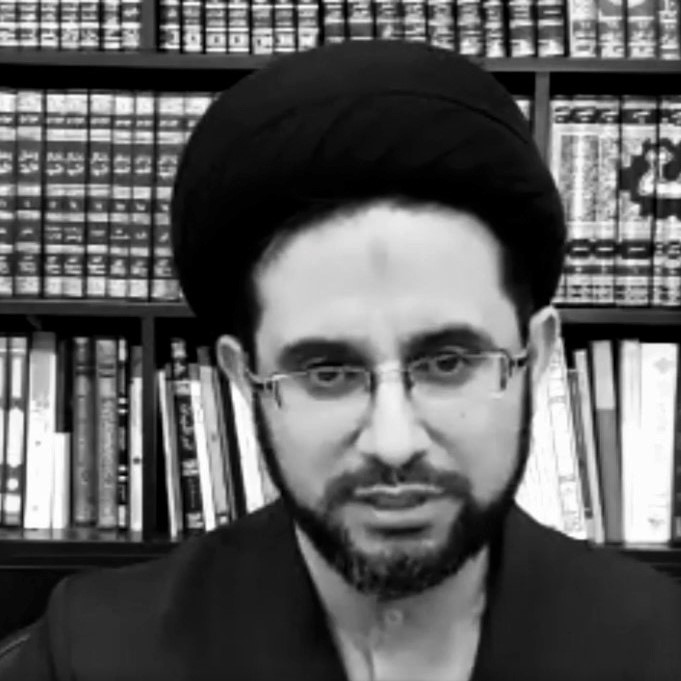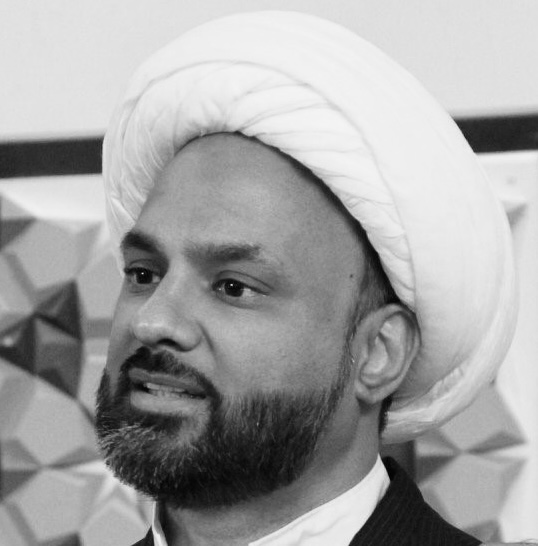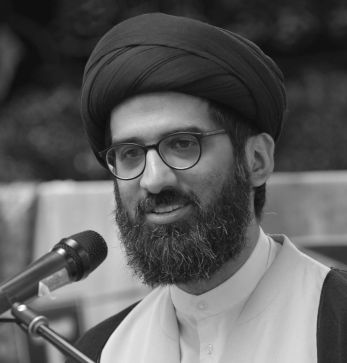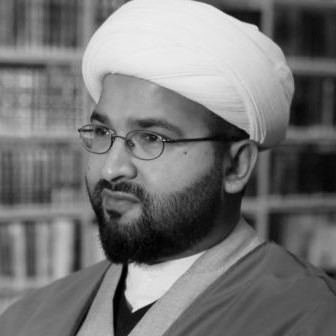Scroll down to see course descriptions and module introduction videos for these modules.
Note 1: To take any of the four modules listed above, it is not necessary to have done any of the previous modules.
Note 2: The flexible nature of our programmes means that you do not have to take all the modules that are offered in each semester. Whether you do the Certificate, Diploma, or Non-award, you can take up to 60 credits each semester (excluding Arabic) and progress through the course at a pace that suits you.






